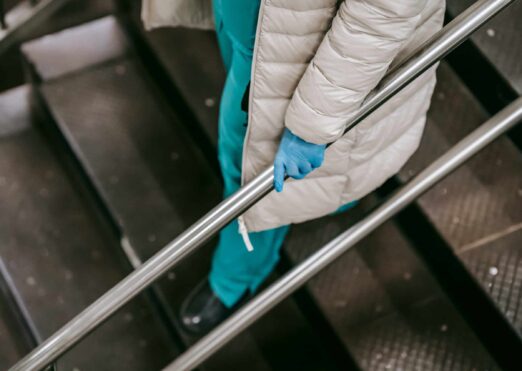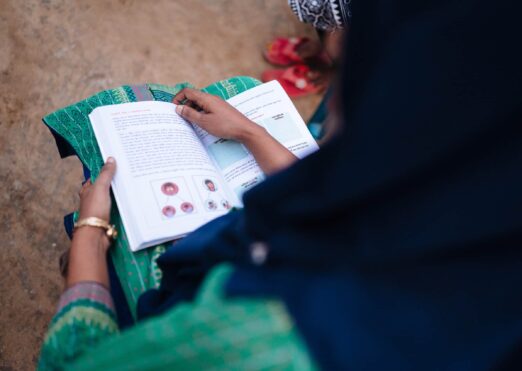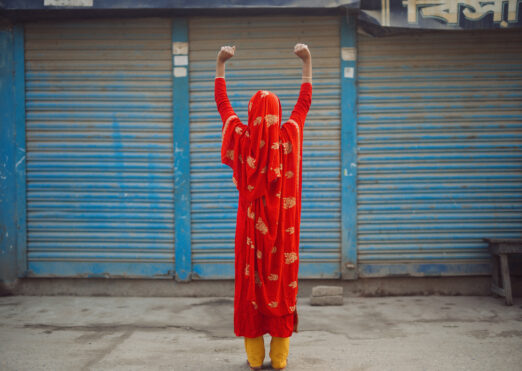Reja’s Repatriation
October 15, 2019
Twenty-year-old Reja is part of a big eight-member family living in Bangladesh. Reja sadly lost her father when she was just a child but her mother remarried her uncle and he has always taken care of Reja like a father.
Reja got married in 2017, but her life turned into a nightmare when her new husband and his family started to torture her both physically and mentally. Reja tolerated this awful abuse in silence to protect her own family.
A year and a half later, Reja’s husband took her from Bangladesh to India where his friends forced her to get drunk, took her to a brothel and raped her. Every day she was taken to the brothel from 3pm to 9pm. If Reja refused to do what the men wanted her husband would beat her savagely – at one point she was hospitalised for three days. After living through this hell for three months she was rescued from the brothel by police.
On 10 June 2019, Justice and Care repatriated Reja home to Bangladesh where she was reunited with her family three days later.
We are currently responsible for a third of all trafficking victims repatriated to Bangladesh. Since 2016, we have repatriated 290 survivors from India and we have provided a continuum of specialised trauma-informed care, working in close collaboration with referral agencies across India.
Through this casework, we found that many Bangladeshi victims of trafficking often wait in Indian shelter homes for up to two to three years due to the rigid processing of their cases.
This is a major issue in terms of the strength of their testimony, as victims are often hostile by the time their case comes up, as well as having a significant negative impact on their rehabilitation and the restoration of their lives.
Our team in Bangladesh continue to support Reja with aftercare and are providing legal support to help her lodge a case against her husband, father-in-law and mother-in-law. Her husband is in police custody and her case is being investigated.
Through our pioneering repatriation processes, we have seen a 54% increase in the number of victims we have been able to repatriate in under 12 months, providing clear proof of our model’s efficacy. The Ministry of Home Affairs is currently incorporating our repatriation process into standard operating procedures.
We are continuing to help Reja with educational support as she prepares for the Secondary School Certificate examination. Reja is such a confident and brave woman and is integrating well back into her community. She dreams of one day starting her own beauty parlour.
Reja’s story is one of hope and a clear example of how our vital frontline work with victims and authorities can directly change things on a national level and spark systemic change.


